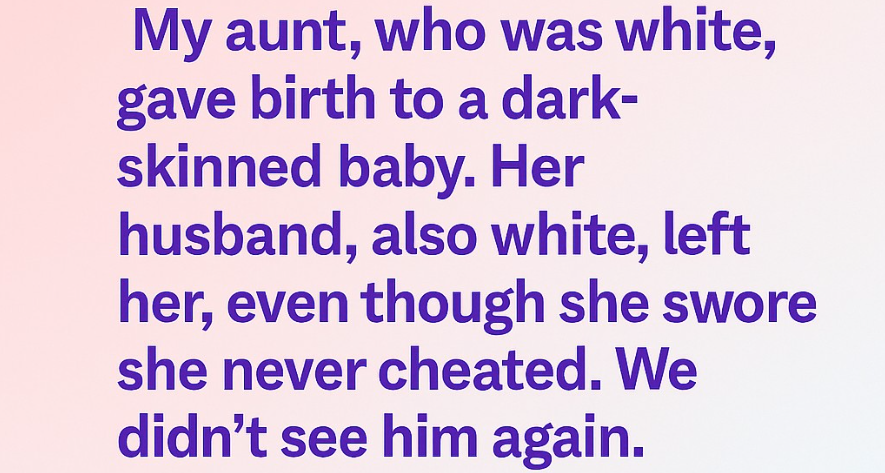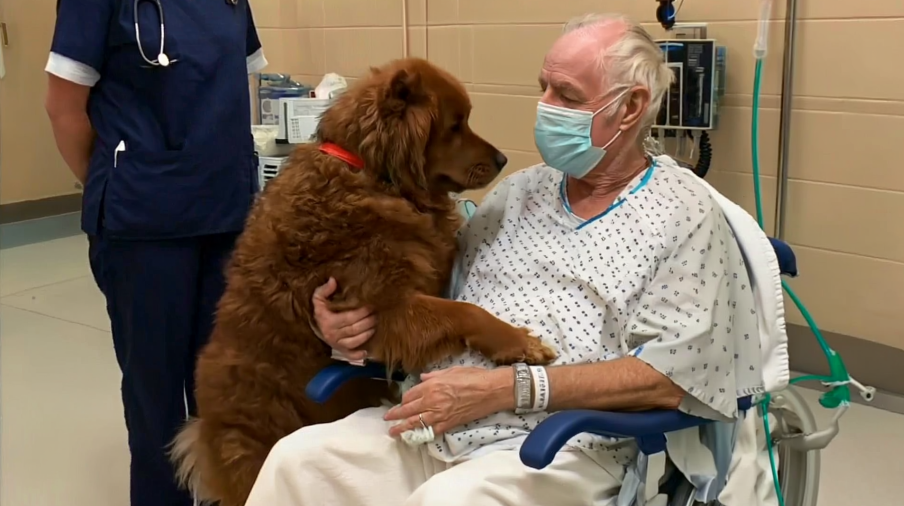When my aunt, a woman with fair skin, welcomed her dark-skinned baby into the world, her husband’s heart filled with doubt. Both he and my aunt were white, so he concluded she had been unfaithful. Despite her heartfelt assurances of loyalty, he dismissed her words. Within days, he walked away, leaving her and their newborn daughter behind, never to return.
Years later, at the age of eighteen, I found myself working in a medical clinic when his name appeared on the appointment roster. My pulse quickened as I prepared his file. When he entered, I barely recognized him—his face was weathered, his demeanor worn. Yet, the true surprise wasn’t his appearance. It was the young man who walked in beside him—his son, with skin as dark as my aunt’s daughter.
In that moment, clarity struck me. My aunt had spoken the truth all those years ago. Her husband unknowingly carried a recessive gene, one that had emerged in their daughter. His unfounded suspicions had shattered their marriage, led him to abandon his family, and cost him the chance to know his remarkable daughter.
As our gazes locked, I yearned to reveal the full story—that his daughter had grown into an extraordinary woman, thriving despite the wounds he left behind. Yet, I held my tongue. Some lessons land most powerfully when life unveils them in quiet moments. That day left me with a profound realization: assumptions can rob us of those we hold dear. Trust is delicate, and when broken, it can leave wounds that echo through generations.




